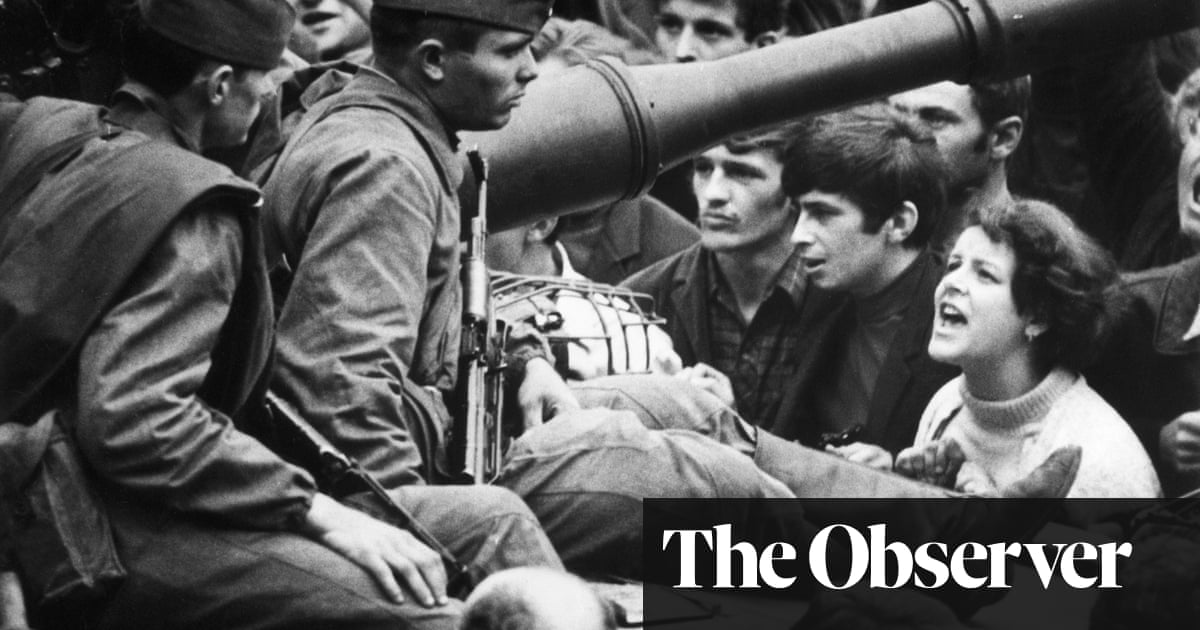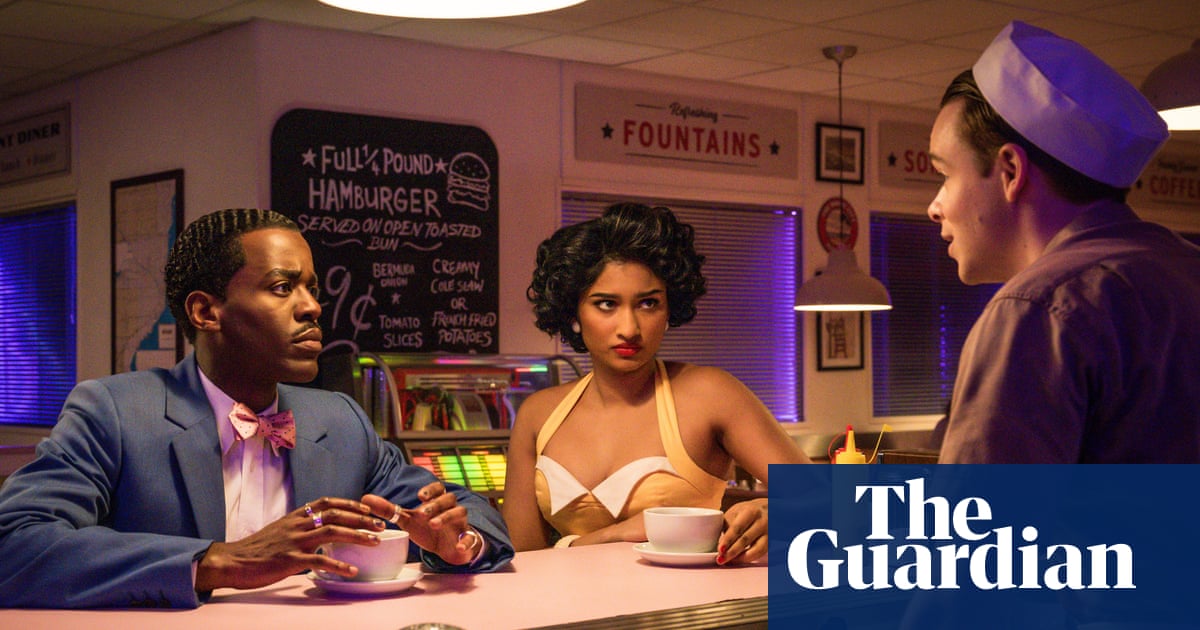For Christians, Easter is a remarkable time of new life, of resurrection and spiritual renewal. But those of a more secular persuasion can also find themselves beguiled by the restorative zeitgeist of this celebratory time of year.
In the northern hemisphere it’s spring, with its green shoots and brighter light. Down here, deep in the southern hemisphere, the transition is of a gentle autumnal splendour – of softer skies and a flourish of bronze in the deciduous treetops.
Even for those of us who aren’t especially religious, Easter and the short holiday around it coincides with a captivating seasonal tranquillity. After a harsh southern summer the days finally shorten, the light is beset with a new milkiness, the air assumes a slight crispness and on the east coast at least, north of the New South Wales-Victoria border, the warm ocean currents remain.
The long antipodean summer break is a distant memory, the year nearly a third done. We are weary. These few days of Easter are, for many of us, a time to exhale, to stop and be with family and friends.
There’s none of the stressful freneticism and consumerism of Christmas, of bolting to the finish line while madly marking full-stops at the end of all those projects before the country shuts down until 26 January.
As a kid in Melbourne I hated Good Friday. The most boring day of the year, I would say. The shops were shut. There was nothing on TV (remember, if you’re old enough, that there were but four channels, only free to air, and the programming was the Royal Children’s hospital appeal featuring the clowns Zig and Zag, or wall-to-wall Christian religious services). There was Church, of course. And the prospect of it again on Sunday.
Now it’s my favourite day of the year precisely because so little happens and because it kicks off four days of enforced R & R, of quieter flight paths above and less hectic and noisy roads encircling us.
The seasonal change is a delight. It always brings in me a mellowness, and a desire to reflect that feels somehow spiritual, profoundly ethereal, albeit in a secular way. I’m not thinking about Jesus or praying to God or anyone else. And yet I find myself in the embrace of some sort of contemplative languor that brings me to the preoccupations of Christians and those of other religions: the existential meaning of it all, the finite nature of time, life – and always death. And, of course, those who are no longer here.
I always dwell heavily on notions of fortune it at this time of year amid the forced stoppage and the seasonal change that encourages such rumination.
It’s the fortune – the pure blind luck – of birth, of being born here, and to be thankful for it. I don’t mean fortune in a self-satisfied, sometimes exclusionary, “this-is-the-best-country-in-the-world’’ kind of way (how that not-so-humble-brag wears thin on me in this election campaign). No, it’s got nothing to do with patriotism in any traditional Australian sense. I’m thinking about existential providence, of being delivered to a place whose residents aren’t slaughtered daily by invading armies or beset by famines or being consumed by creeping – or not so creeping – fascism.
For all of that, whether through Christian ceremony or a nod to the universe.

 9 hours ago
9
9 hours ago
9













































